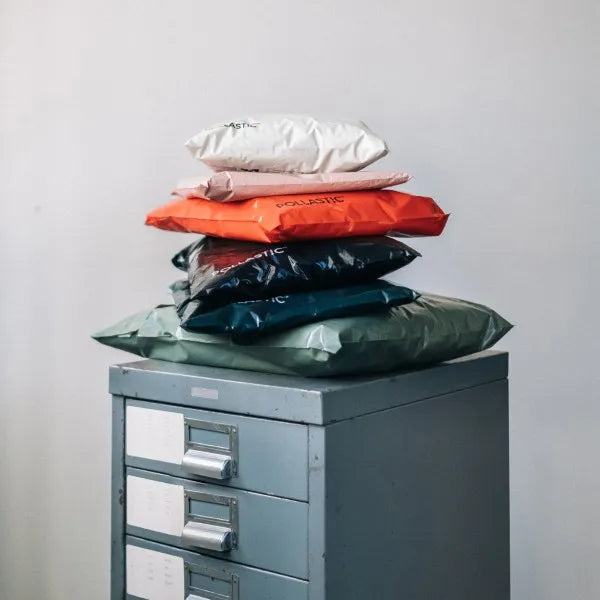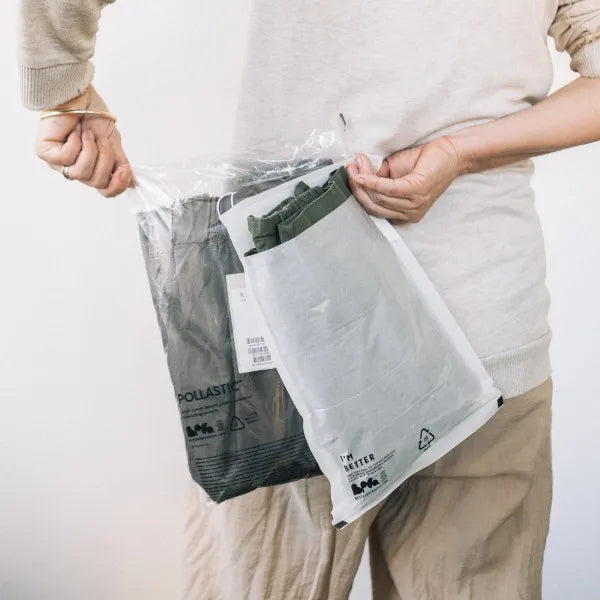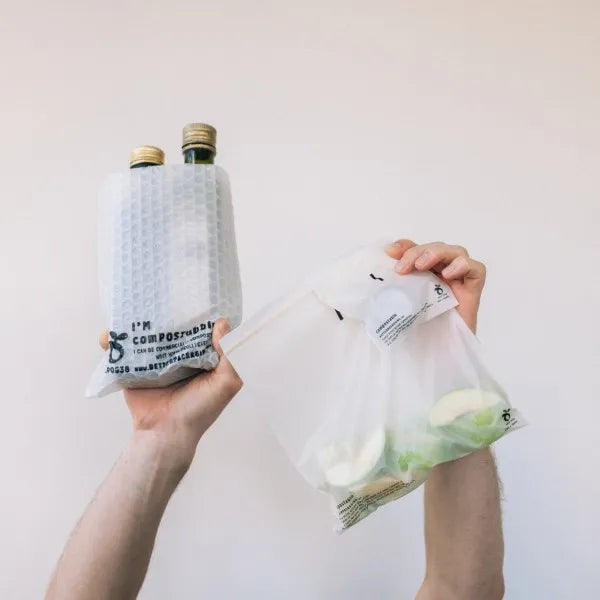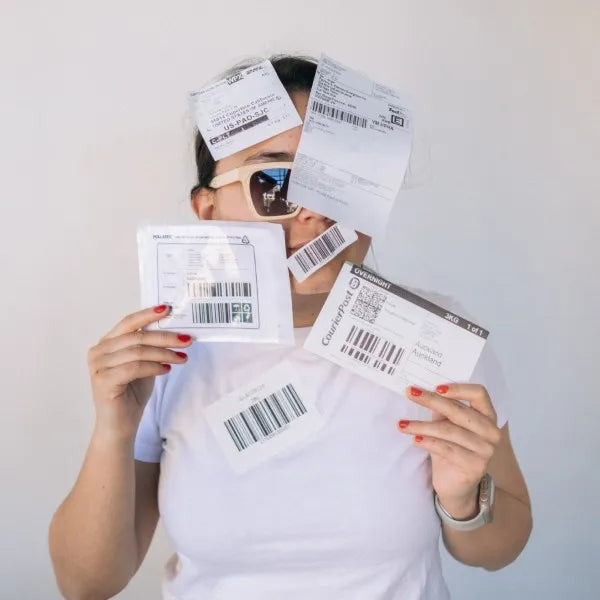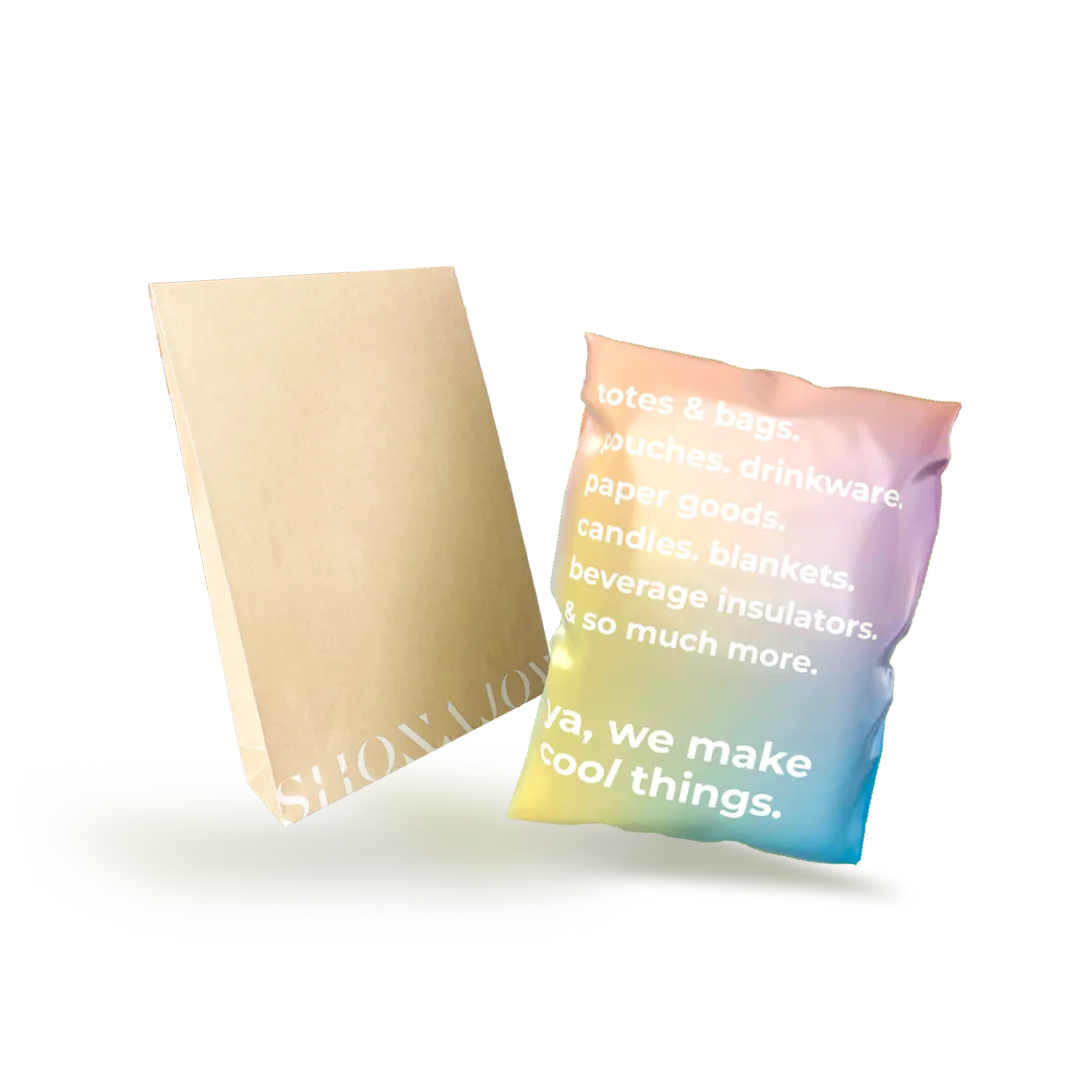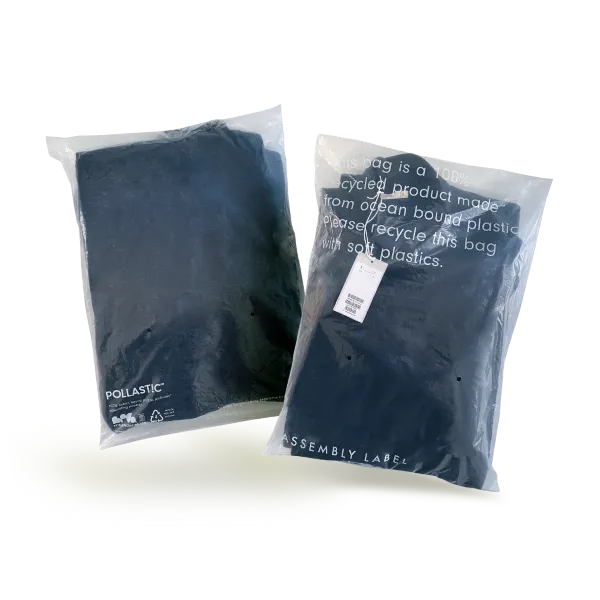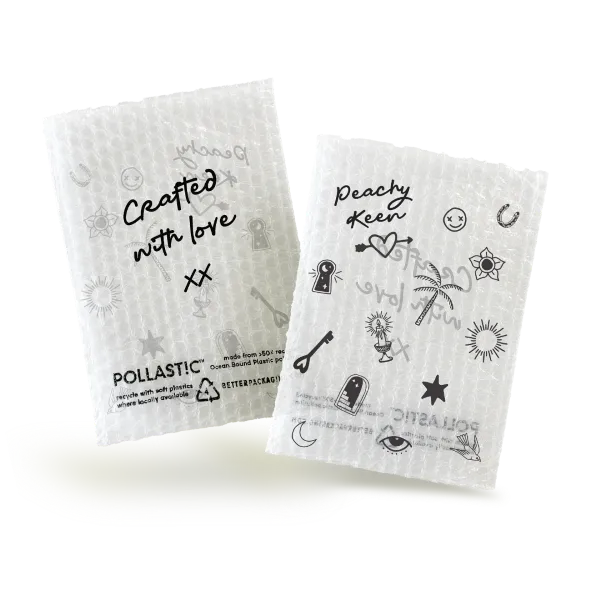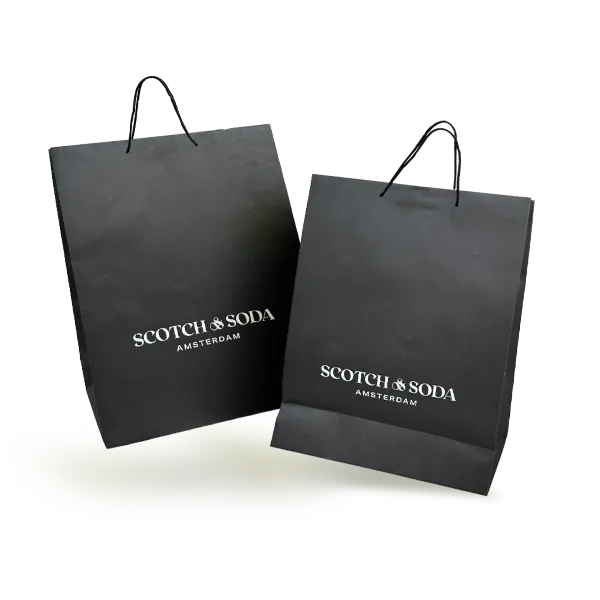Pollution and poverty are often inextricably linked – and in the communities where we work, waste management infrastructure is often non-existent. Plastic rubbish is usually littered, burnt or buried (in piles for livestock and dogs to ferret in).
By working closely and responsibly with communities in these areas, we can help them clean up their environment AND have positive social impact. When we commit to purchasing the plastic pollution they collect, we provide a consistent source of income and help raise their standards of living.
Pictured left is Asniah, one of our collectors who subsidizes her work as a farmer by collecting plastic pollution.
Pollution and poverty are often inextricably linked – and in the communities where we work, waste management infrastructure is often non-existent. Plastic rubbish is usually littered, burnt or buried (in piles for livestock and dogs to ferret in).
By working closely and responsibly with communities in these areas, we can help them clean up their environment AND have positive social impact. When we commit to purchasing the plastic pollution they collect, we provide a consistent source of income and help raise their standards of living.
Pictured left is Asniah, one of our collectors who subsidizes her work as a farmer by collecting plastic pollution.

